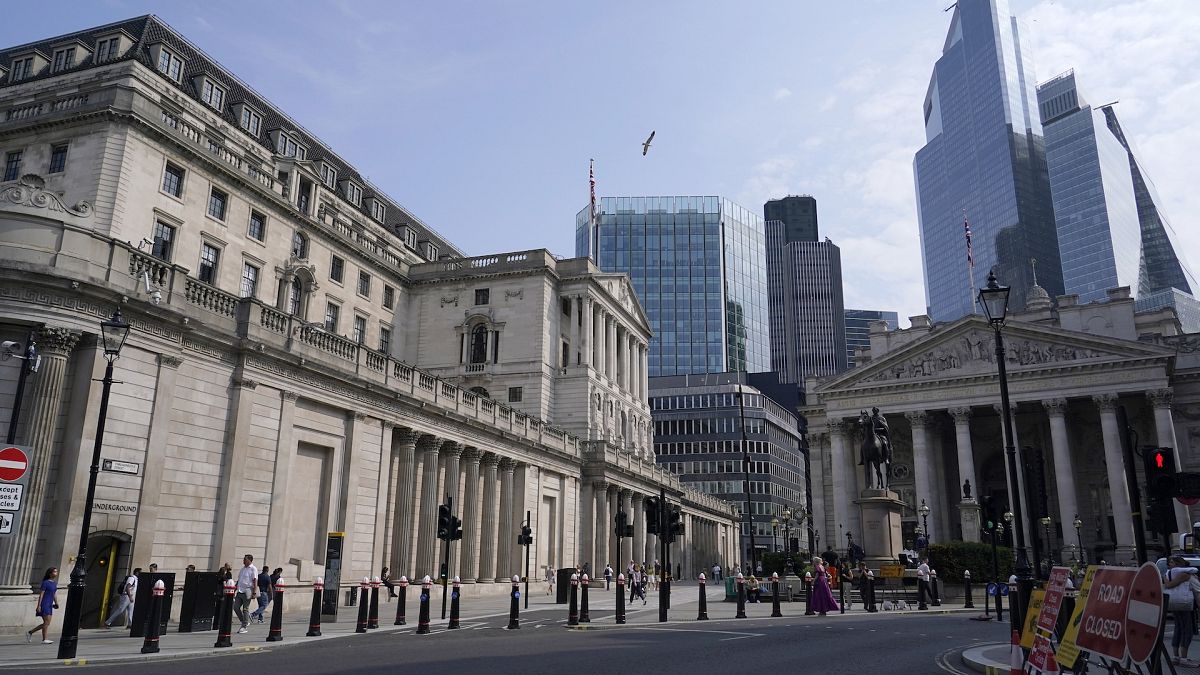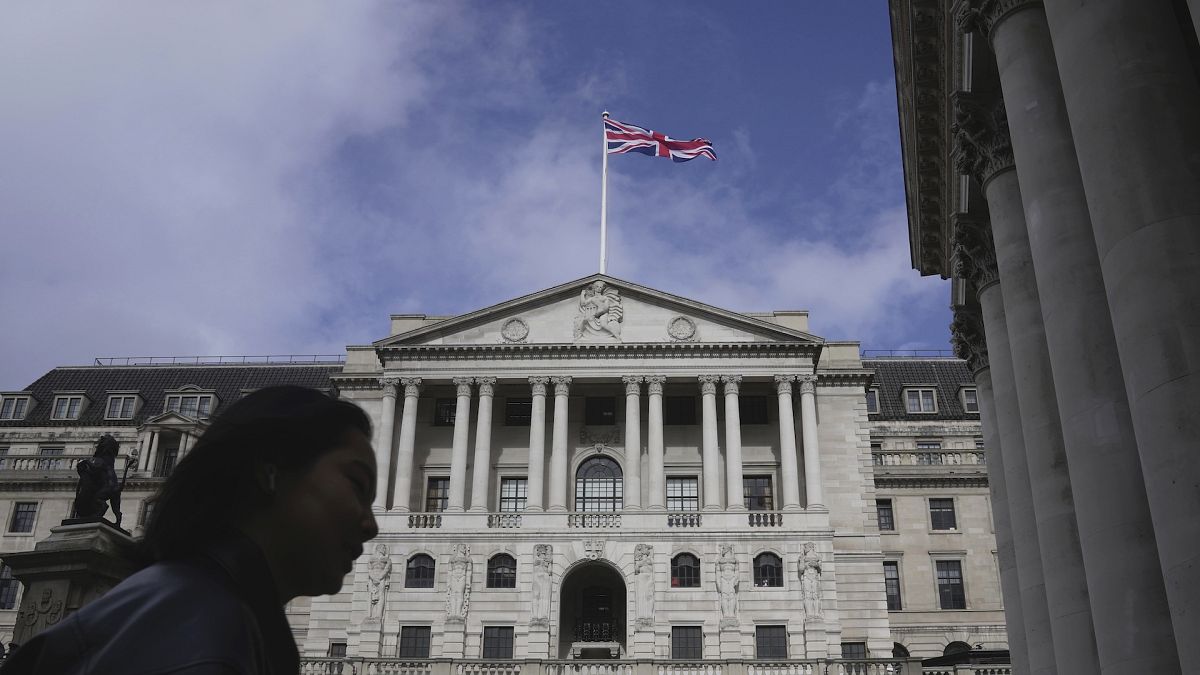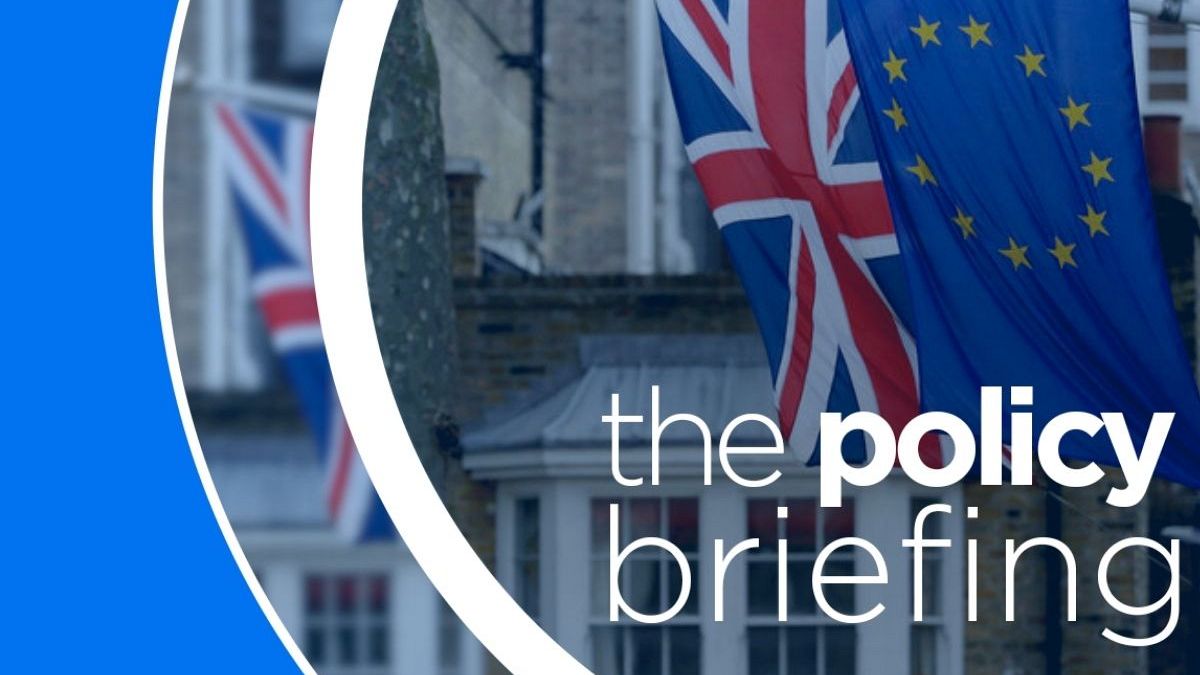BoE delivers ‘dovish hold’ as growth stalls, trade risks rise

The Bank of England maintained its key interest rate at 4.75% in a 6–3 split vote, as inflation pressures persist and growth falters. Inflation rose to 2.6% in November, but growth is now forecast at 0% for the fourth quarter. Markets interpreted the decision as dovish.
The Bank of England (BoE) opted to keep its key interest rate unchanged at 4.75% on Thursday, as widely predicted by market participants.
The Monetary Policy Committee (MPC) voted 6–3 in favour of holding rates, with three members dissenting and advocating for a 25-basis-point cut to 4.5%, indicating growing dovish sentiment within the committee amid mounting economic concerns.
Inflation risks resume, BoE on a wait-and-see approach
Since the BoE’s last meeting, inflationary pressures have intensified. Consumer price inflation (CPI) rose to 2.6% year-over-year in November, up from 1.7% in September, driven by surging core goods and food prices, as well as persistently high services inflation.
However, economic momentum has faltered, with gross domestic product (GDP) growth for the fourth quarter now forecast at 0%, a sharp downgrade from the 0.3% growth previously expected.
“Keeping rates unchanged feels like a wait-and-see decision”, said Nick Saunders, chief executive officer of stock trading platform Webull UK. “At the moment, it’s unlikely we’ll see a succession of rate cuts in 2025 unless inflation is firmly under control despite weak GDP.”
Accompanying the decision, the MPC reiterated its commitment to a “gradual” and “data-dependent” policy approach.
The committee maintained that rates must remain “restrictive for sufficiently long” to prevent inflation from becoming entrenched, particularly as services inflation persists.
Diverging opinions within the MPC
The vote split revealed rising tensions within the committee. External member Swati Dhingra, a consistent advocate for rate cuts, was joined by Deputy Governor Dave Ramsden and external member Alan Taylor in calling for a 25-basis-point reduction.
Michael Brown, senior research strategist at Pepperstone, noted: “Dhingra’s dissent was no surprise, but the addition of Ramsden and Taylor underscores growing concerns about the UK’s weak economic trajectory.”
The MPC also highlighted external risks, including uncertainty over geopolitical tensions and potential trade disruptions tied to tariff increases proposed by the incoming US administration.
Brown noted that the MPC is unlikely to shift away from its current ‘slow and steady’ approach in the near term, especially as the UK’s economic landscape grows increasingly stagflationary, reinforcing the rationale for pursuing ‘gradual’ rate cuts for now.
Market reactions: Pound weakens, FTSE 100 surges
Traders interpreted the BoE’s decision as a dovish hold, prompting a shift in money markets.
The GBP Overnight Index Swap (OIS) curve – which reflects market-based expectations over the Bank Rate in the future – now suggests a 72% likelihood of a rate cut at the February meeting, up from 55% before the decision. Markets are pricing in 22 basis points of easing by the end of first quarter 2025, with expectations of two 25-basis-point cuts over the course of next year.
According to Brown, risks “are tilted towards a more dovish outcome, amid increasing signs of overall economic momentum stalling, and with risks to the labour market tilted to the downside, amid the upcoming changes to National Insurance”.
Yields on rate-sensitive 2-year gilts fell by 4 basis points, reflecting increased expectations for imminent rate cuts. Meanwhile, the 10-year gilt yield slipped below 4.6%.
The British pound weakened slightly, sliding from $1.2650 to $1.2600 after the announcement, trimming earlier daily gains from 0.7% to 0.2%.
In equities, the FTSE 100 rebounded by 0.4%, benefitting from expectations of looser monetary policy.
Source: Euro News















